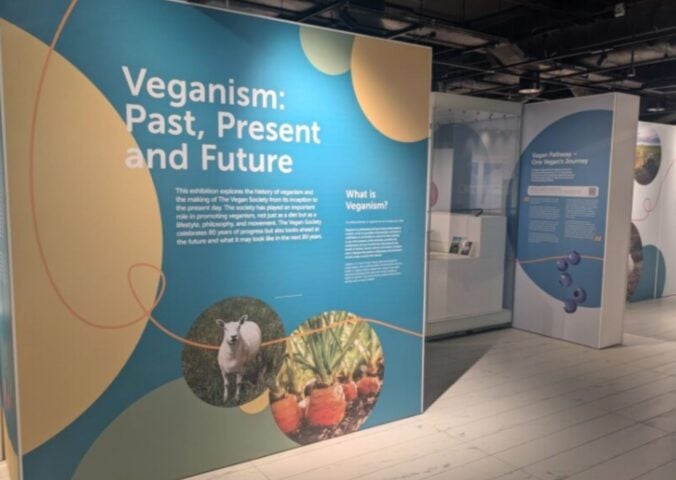This year’s Royal Parks Half Marathon event, taking place on October 9, will debut its first-ever Plant-Based Food Village as part of the wider Food & Fitness Festival.
Sponsored by mycoprotein giant Quorn, the village will present a collection of food stalls offering vegan meals and sweet treats. All will refuel runners and encourage sustainable food choices from all attendees.
Event organizers have made efforts to increase the eco-credentials of the race in recent years. Notably, they instigated a ban on single-use plastic in 2019 and asked runners to refill bottles at water stations.
Alongside, a partnership with Trees Not Tees allows runners to plant a tree in lieu of a finisher’s shirt.
The race takes 16,000 runners on a 13.1-mile route through four of London’s eight Royal Parks. They are Hyde Park, Green Park, St James’s Park, and Kensington Gardens.
The new Plant-Based Food Village will be located in the start and finish location: Hyde Park.
“We’re very excited to launch our Plant-Based Food Village, presented by Quorn, at this year’s event. We want runners to explore plant-based options as a healthy, sustainable lifestyle choice that takes care of the planet around them,” Alun Mainwaring, head of events at The Royal Parks said in a statement.
Why Quorn?
Royal Parks Half has officially declared Quorn as its “Sustainable Protein Partner.” This is owing to its carbon footprint, which is significantly lower than most animal proteins.
Quorn claims that its signature mycoprotein generates 0.7 kilograms of CO2 equivalent, per kilogram of the finished product. This is compared to UK beef mince coming in at 32 kilograms of CO2 equivalent and pork creating 11 kilograms. Chicken creates five kilograms of carbon emissions.
However, choosing Quorn doesn’t just reduce carbon emissions. A recent study suggests that swapping out conventional meat for Quorn’s mycoprotein could halve deforestation and cut methane emissions by 11 percent.
But this will only happen if Quorn becomes a go-to choice for more consumers.
“We’re delighted to partner with Royal Parks Half Marathon this year and support the first ever Plant-Based Food Village,” Gill Riley, marketing director for Quorn said in a statement.
“It’s now more important than ever that shoppers make more sustainable food choices. So we can’t wait to share our delicious Quorn products with the runners and spectators to show them just how easy and tasty these choices can be.”
“The carbon footprint of Quorn’s mycoprotein is at least 35 times lower than beef mince and its water footprint is at least 16 times lower than pork – making it a great choice for runners and the planet alike.”






